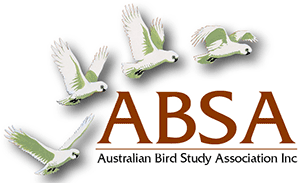Implications of radio-tracking for the survival of Masked Lapwing chicks
| Posted: |
30/05/2017 |
| Author(s): |
Craig D. H. Sherman, Daniel Lees, Grainne S. Maguire, Michael A. Weston, Peter Dann |
Monitoring survival of free-living, precocial avian young is difficult. Perhaps the most promising method available
is a combination of radio-tracking and frequent investigator brood visits. The aim of this study was to determine if the
process of radio-tracking negatively impacts chick survival by comparing survival of tagged chicks with that of their
untagged siblings. We radio-tracked 50 Masked Lapwing Vanellus miles chicks and compared within-brood mortality of
tagged and untagged chicks to examine whether attaching radio-transmitters influenced chick survival. There was no
difference in survival between the two categories of chicks, so the survival of lapwing chicks was not affected by radiotracking.
However, members of smaller, less robust and possibly less habituated species may still be negatively affected
by radio-tracking. Radio-tracking seems to be an ethically acceptable and practical method for obtaining an improved
understanding of cryptic life history stages, such as brood-rearing, in waders.
>> Download Abstract |
File Size: 8 KB
>> Download Complete PDF | File Size: 200 KB
